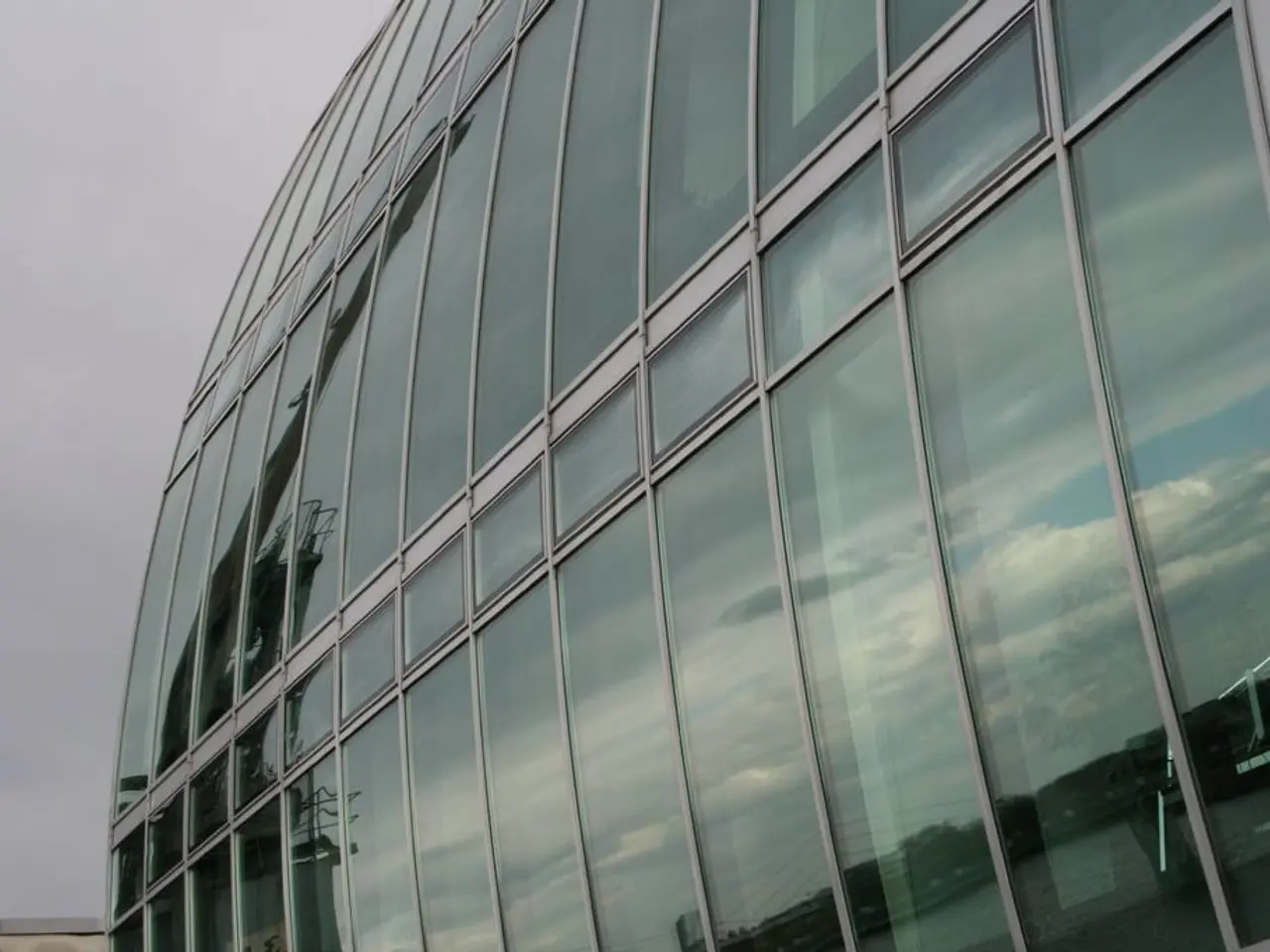Industrial Power Prices Face Opposition from FDP Saar: Proposed Solution is Market Intervention, Not Bridge Construction
The FDP Saar, a political party in the German state of Saarland, has voiced concerns over a proposed industrial electricity price subsidy, warning of its potential negative effects on private consumers and small businesses.
General Secretary Marcel Mucker argues against the subsidies, contending that they distort the energy market, burden taxpayers, and reduce incentives for energy efficiency and innovation. He believes that subsidizing electricity costs for large industrial consumers creates an unfair competitive advantage, potentially hurting smaller businesses and consumers who do not receive such relief.
Mucker further argues that these subsidies are not sustainable in the long term and can exacerbate the financial strain on public budgets. He suggests that the proposed measure could artificially remove the need for companies to innovate in response to electricity price changes, potentially hindering progress towards more sustainable and efficient energy production.
As an alternative, the FDP Saar proposes promoting market-based solutions that encourage energy efficiency and innovation. They advocate for removing subsidies and instead focusing on investments in infrastructure, technology, and renewable energy sources that allow industries to reduce their electricity costs naturally.
The FDP Saar supports creating a regulatory environment that fosters competition and innovation, helping industries adapt to energy price fluctuations without relying on state aid. This includes improving the electricity grid, incentivizing modern and cleaner production methods, and encouraging private sector investment in sustainable energy solutions.
Mucker emphasizes that the costs for an industrial electricity price would be significant, potentially increasing the electricity price for all private consumers. He believes that the proposed measure, if implemented, could prevent companies from adapting to rising electricity costs, potentially hindering their ability to innovate and remain competitive.
The FDP Saar's proposed measures are not focused solely on the interests of large industry. They also call for a reduction in bureaucratic hurdles for the approval of renewable energies and a reduction in electricity tax. The party perceives the proposed measure by Rehlinger as unnecessary and harmful, arguing that it would primarily benefit large industry at the expense of small and medium-sized enterprises.
In conclusion, the FDP Saar advocates for a fairer and more sustainable economic policy, focusing on market-based solutions that encourage energy efficiency and innovation, rather than artificially subsidizing the industry.
The FDP Saar's General Secretary, Marcel Mucker, contends that industrial electricity price subsidies, if implemented, could potentially burden taxpayers and reduce incentives for energy efficiency and innovation in the finance sector. He argues that these subsidies could distort the energy market, leading to competitive disadvantages for small businesses and private consumers in the industry.




